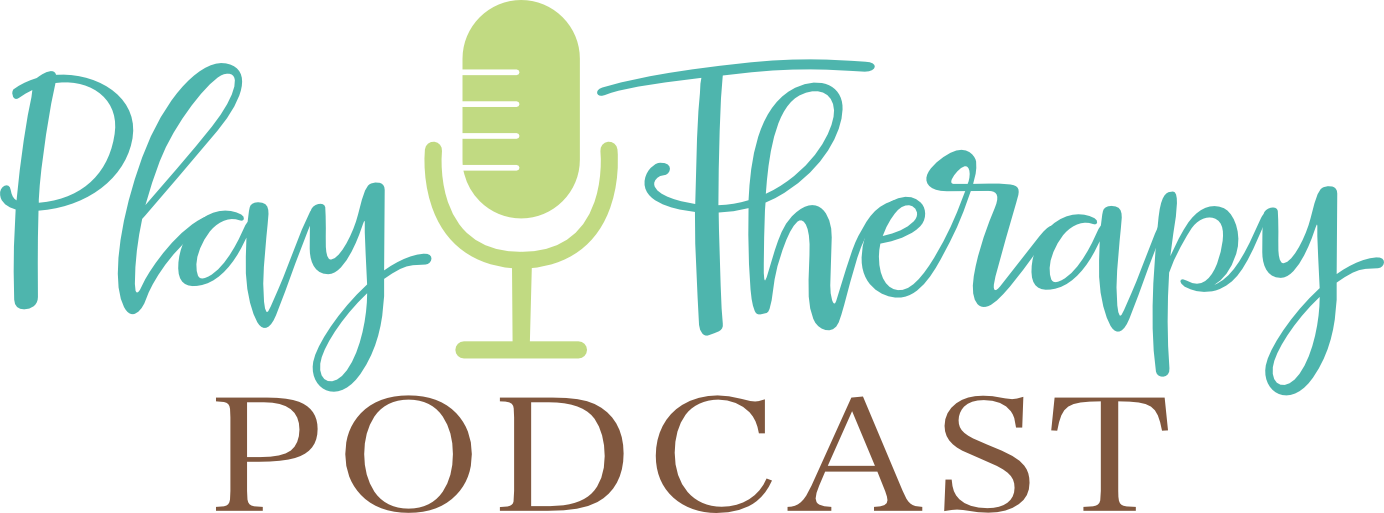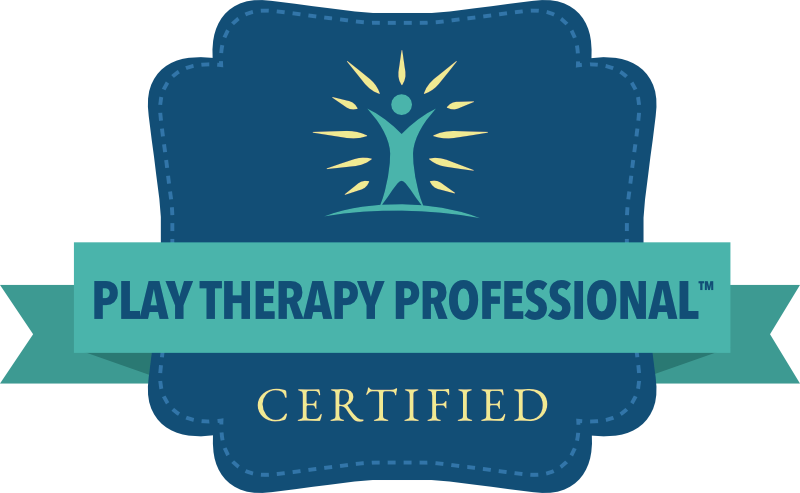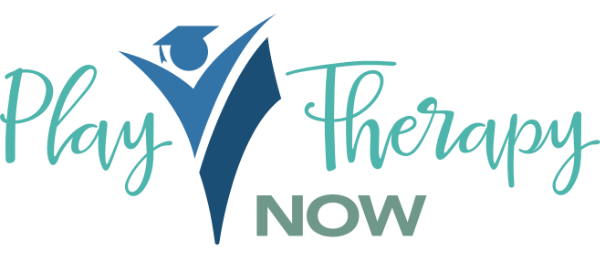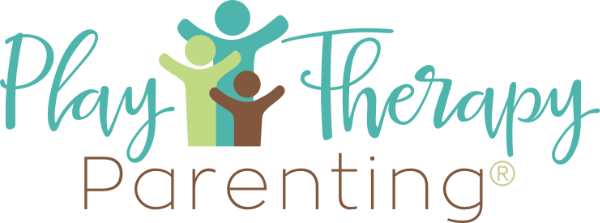Theoretical Consistency: Avoiding Burnout When Working with All Ages
In this episode of the Play Therapy Podcast, I respond to a question from Chiara in Florida about working with clients over the age of 14. I explain how child-centered play therapy (CCPT) naturally evolves from a wholly person-centered approach for older teens and adults. Since CCPT is rooted in Carl Rogers’ person-centered theory, the core principles—reflecting feelings, providing choices, and fostering a strong therapeutic relationship—remain effective across all ages.
I also discuss the importance of maintaining theoretical consistency when working with both children and adults to prevent therapist burnout and ensure congruence. By staying aligned with person-centered principles for all clients, therapists can sustain their energy and provide meaningful, effective therapy without needing to constantly switch frameworks. This episode offers guidance for therapists navigating work with diverse age groups while staying true to the CCPT model.
PlayTherapyNow.com is my HUB for everything I do! playtherapynow.com. Sign up for my email newsletter, stay ahead with the latest CCPT CEU courses, personalized coaching opportunities and other opportunities you need to thrive in your CCPT practice. If you click one link in these show notes, this is the one to click!
If you would like to ask me questions directly, check out www.ccptcollective.com, where I host two weekly Zoom calls filled with advanced CCPT case studies and session reviews, as well as member Q&A. You can take advantage of the two-week free trial to see if the CCPT Collective is right for you.
Ask Me Questions: Call (813) 812-5525, or email: [email protected]
Brenna’s CCPT Hub: https://www.playtherapynow.com
CCPT Collective (online community exclusively for CCPTs): https://www.ccptcollective.com
Podcast HQ: https://www.playtherapypodcast.com
APT Approved Play Therapy CE courses: https://childcenteredtraining.com
Twitter: @thekidcounselor https://twitter.com/thekidcounselor
Facebook: https://facebook.com/playtherapypodcast








